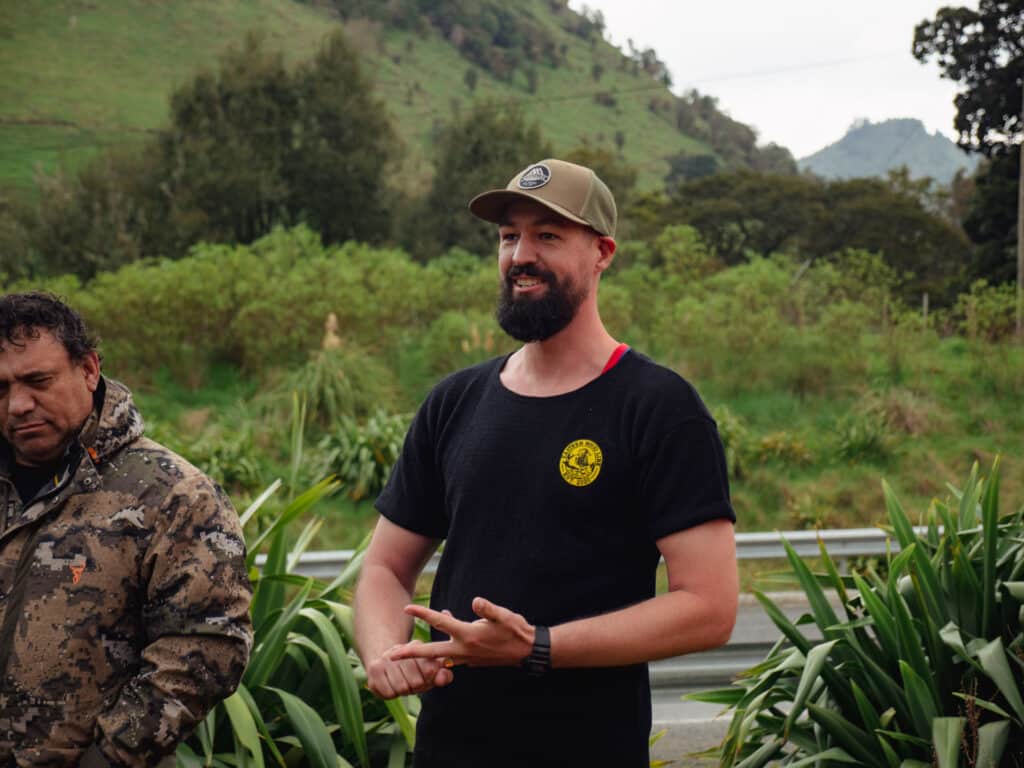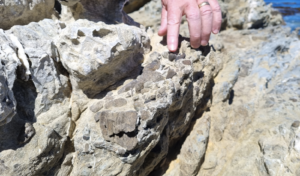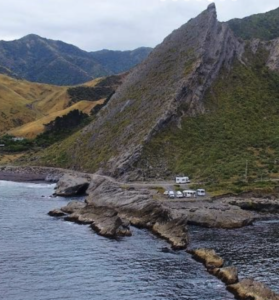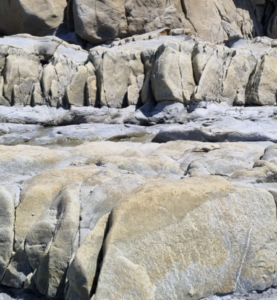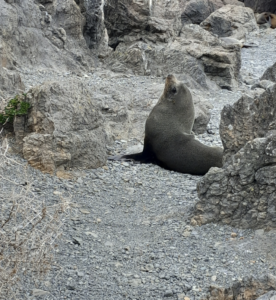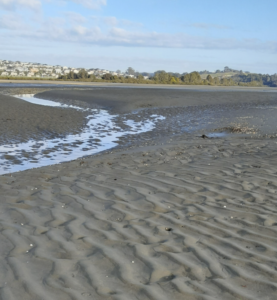Sam specialises in the following:
- Foraging native foods
- Exploring the impacts of predators on our landscape
- Trapping
- Bushcraft
- Connecting with rangatahi through hunting, fishing and being outside
- Whole-day or multi-day bush experiences
Typically Sam likes to take classes for a walk in their nearby bush block or scenic reserves. He will tailor a walk to your specific requirements but will typically teach rangatahi a newfound recognition of many plants around them. He does this through humour, comedic stories and, of course, showing them how to harvest and try different palatable bush tucker without damaging the plant it comes from.
You can expect to eat Kahikatea, Tawhara, Konini, Tawa, Miro, Kawakawa, Hinau, Totara, Kohia, Kareao, Kowaowao, Pikopiko, Tawaka, Hakeke, Horopito etc. on your walk and to learn their relevance to us as humans as well as their interrelationships with different species of bird and insect and of course the pressure introduced species and land use put on these kai sources and what we can do to remedy this.
You will learn about the whakapapa of possums and how they are a taonga species to many aboriginal peoples, just like the Kiwi is to us in Aotearoa. You will learn about the Kiore and why they are so revered in our history. The whakapapa of stoats, rabbits, mice, ferrets, weasels etc. The myth that these animals are evil will be dispelled. Instead, a greater understanding of them as a species will inform our rangatahi’s outlook on trapping and predator-free movement.
Sam can talk traps until the cows come home. Trapping design, different lures throughout the seasons and thinking like a predator.
He can also help us understand the unique biodiversity of Aotearoa through hilarious stories such as why a Kiwi sheds its feathers when attacked, why bats change their roost every two nights, how the Huia evolved a curved beak, how our native frogs are the best Dad’s in the frog kingdom, the plight of the red-billed gull, how Rehua taught Tane how to trap, why Tieke has a red stripe on its back, why the Kokako has blue wattles etc.
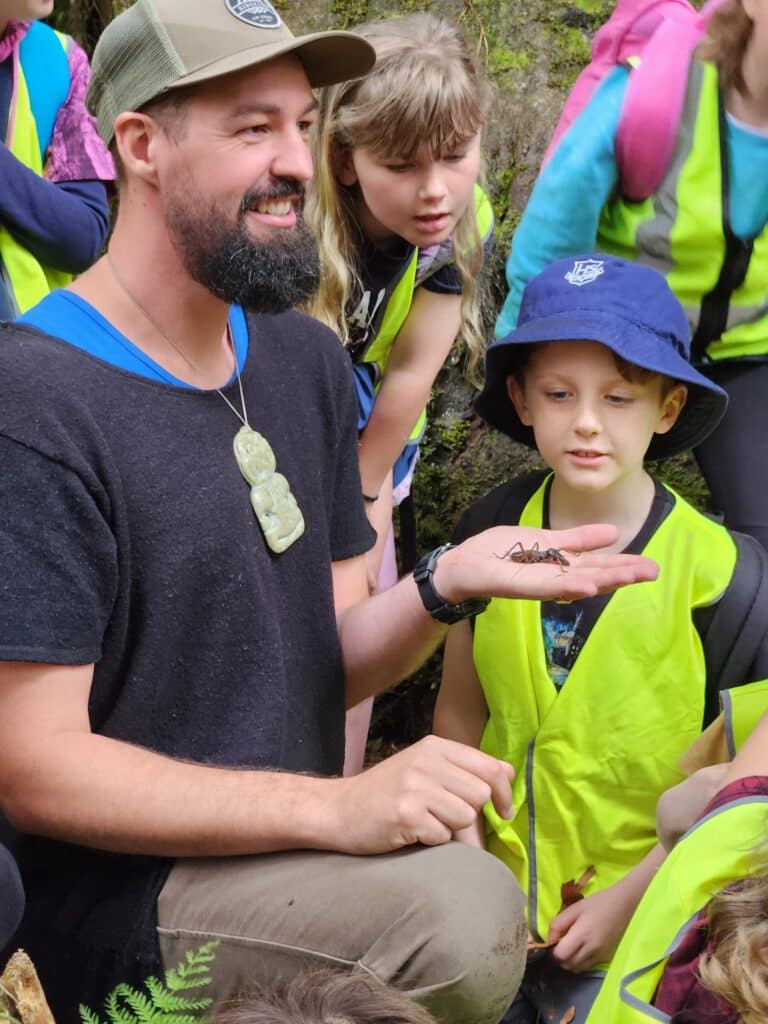
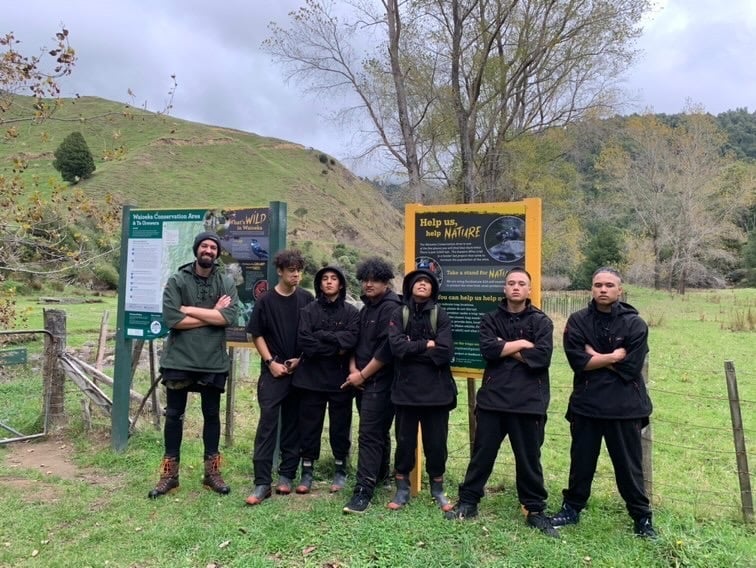
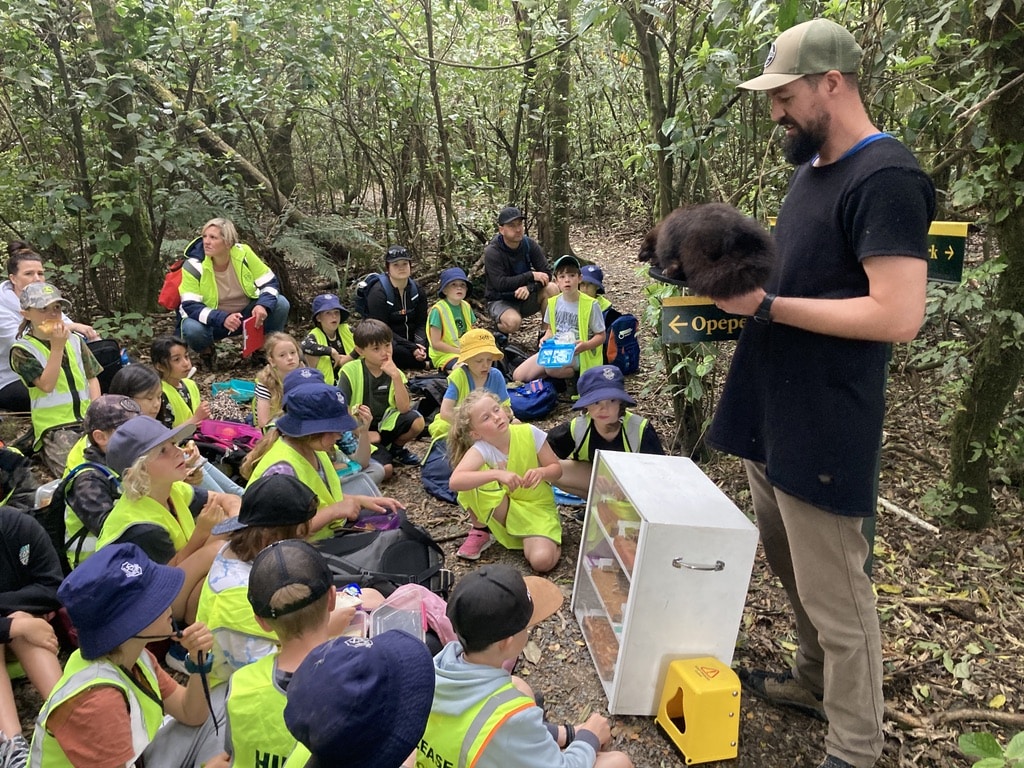
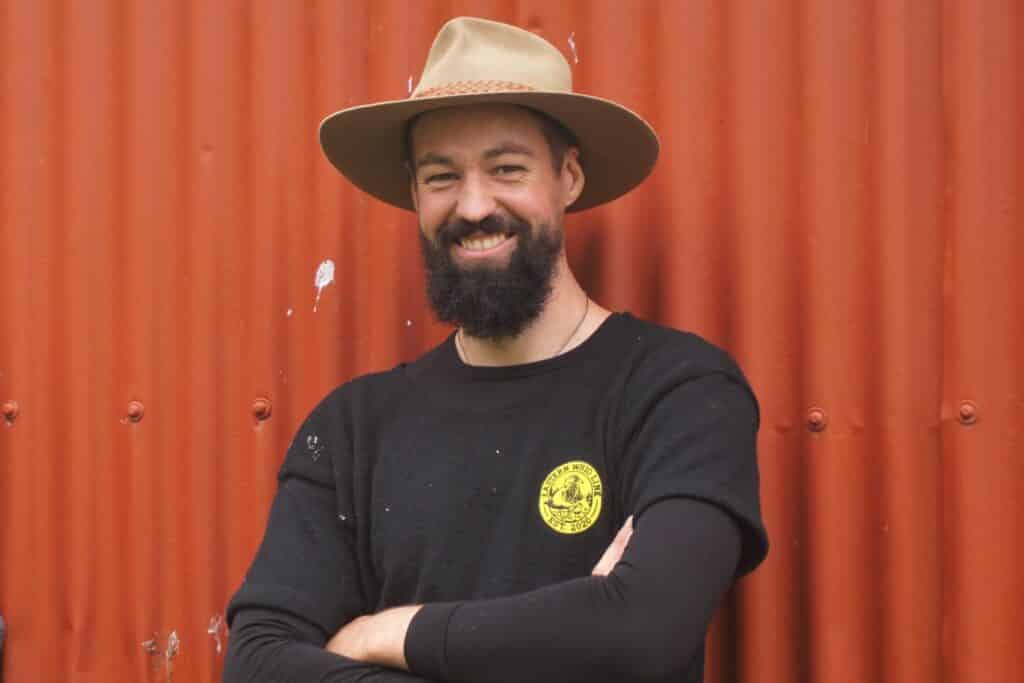
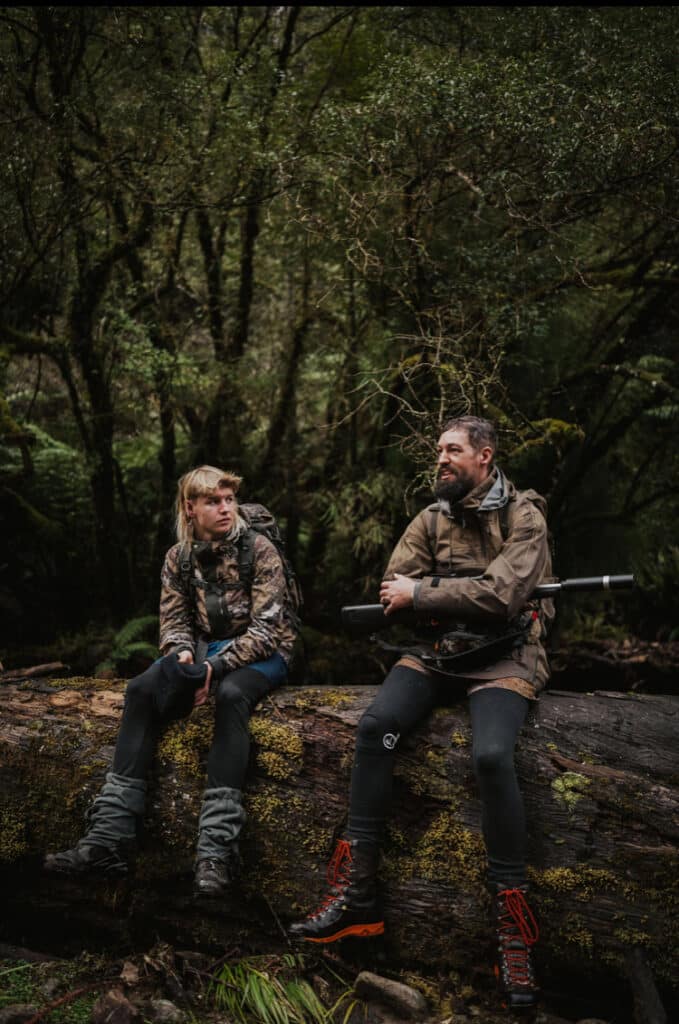
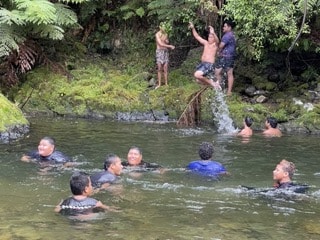
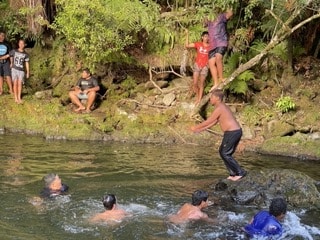
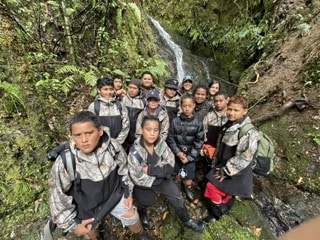
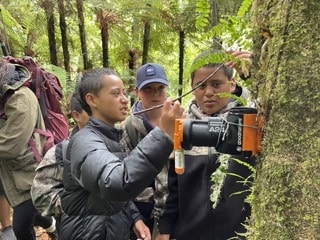
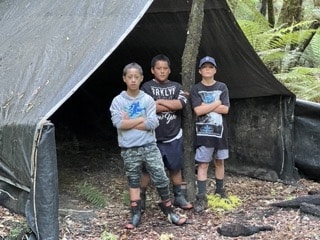
Sam is a great resource to engage these rangatahi needing a bit of outdoors in their lives, where the four walls of the classroom may be a bit restrictive and bring a bunch of unique and varied knowledge that will engage the entire class.
In addition, he creates several informative videos accessible through his social media platforms which is a great way to connect students to the subject matter before the visit or as additional classroom resources.
To better understand what he can offer, follow Sam on Facebook, Instagram or Tiktok by searching Sam The Trap Man.

